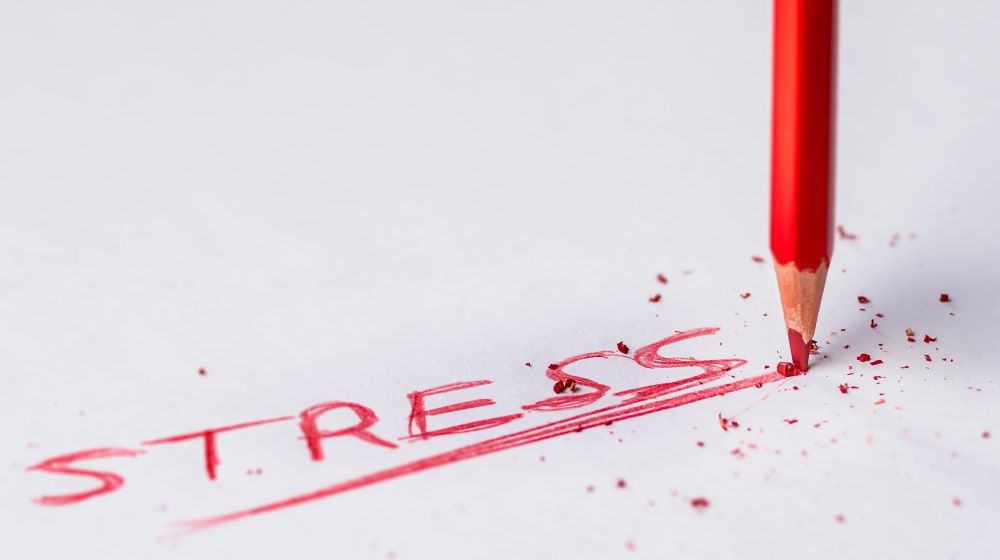In the fast-paced and demanding world we live in, stress has become an omnipresent force affecting individuals from all walks of life. From students facing academic pressures to professionals dealing with work deadlines, stress has become a ubiquitous aspect of modern living. We will delve into the multifaceted concept of stress, exploring its definition, types, and the impact it has on both mental and physical well-being.
The Definition of Stress
Stress is a complex and subjective experience that arises when an individual perceives a discrepancy between the demands placed upon them and their ability to cope with those demands. In simpler terms, stress occurs when the pressures of life exceed one’s perceived ability to manage or control them. This definition underscores the dual nature of stress, incorporating both external stressors and internal perceptions.
External Stressors
External stressors are the environmental or situational factors that can trigger the stress response. These can include work deadlines, financial difficulties, relationship challenges, or even major life events such as moving to a new city. The diversity of external stressors highlights that stress can manifest in various forms, making it a universal experience that transcends individual circumstances.
Internal Perceptions
Equally important in understanding stress is the role of internal perceptions. Two individuals facing the same external stressor may experience vastly different stress levels based on their individual perceptions and coping mechanisms. Factors such as personality, resilience, and past experiences shape how one appraises and responds to stressors.
Recommended Article How to Reduce Stress
Types of Stress
To comprehend the impact of stress on our lives, it’s crucial to recognize that not all stress is detrimental. In fact, stress can be categorized into two main types: eustress and distress.
Eustress
Eustress, often referred to as “positive stress,” is the type of stress that motivates and energizes individuals. It is associated with situations that are challenging but manageable, such as starting a new job, planning a wedding, or taking on a creative project. Eustress can enhance performance and personal growth, demonstrating that not all stress is harmful.
Distress
On the other hand, distress is the more familiar and negative form of stress. It arises when the demands on an individual exceed their ability to cope effectively. Chronic distress can lead to a range of physical and mental health issues, including anxiety disorders, depression, and cardiovascular problems. Identifying the sources of distress and implementing effective coping strategies is essential to mitigate its adverse effects.
The Physiology of Stress
Understanding stress involves delving into its physiological underpinnings. When confronted with a stressor, the body initiates the “fight or flight” response, a complex physiological reaction aimed at preparing the individual to confront or escape a perceived threat.
The Role of Stress Hormones
Key players in the stress response are hormones such as cortisol and adrenaline. These hormones mobilize energy reserves, increase heart rate, and sharpen mental focus. While this response is beneficial in short bursts, chronic activation can lead to a range of health problems, including cardiovascular disease, impaired immune function, and digestive issues.
Impact on the Brain
Stress also has profound effects on the brain. Prolonged exposure to stress can result in structural changes in the brain, particularly in regions associated with memory, learning, and emotional regulation. This helps explain why chronic stress is linked to cognitive decline and mental health disorders.
Coping with Stress
Given the pervasive nature of stress, developing effective coping mechanisms is paramount for maintaining overall well-being. Coping strategies can be broadly categorized into two types: problem-focused coping and emotion-focused coping.
Problem-Focused Coping
Problem-focused coping involves addressing the stressor directly. This can include breaking the problem down into manageable components, seeking information or assistance, and taking proactive steps to resolve the issue. Problem-focused coping is particularly effective in situations where the stressor is controllable and changeable.
Emotion-Focused Coping
Emotion-focused coping, on the other hand, centers on regulating the emotional response to stress. This may involve seeking social support, practicing relaxation techniques, or engaging in activities that provide a sense of comfort and distraction. Emotion-focused coping is valuable when the stressor is beyond one’s control, emphasizing acceptance and emotional resilience.
Learn more about stress What is Stress?
Stress is a multifaceted phenomenon that encompasses both external stressors and internal perceptions. It manifests in various forms, ranging from the motivational eustress to the debilitating distress. Understanding the physiological mechanisms of stress sheds light on its profound impact on both mental and physical health.
Moreover, recognizing the different types of stress and employing appropriate coping strategies is crucial for mitigating its adverse effects. Whether through problem-focused or emotion-focused coping, individuals have the power to navigate the challenges of life and emerge resilient in the face of stress. By fostering awareness and implementing effective coping mechanisms, we can transform stress from a formidable adversary into a manageable aspect of the human experience.

